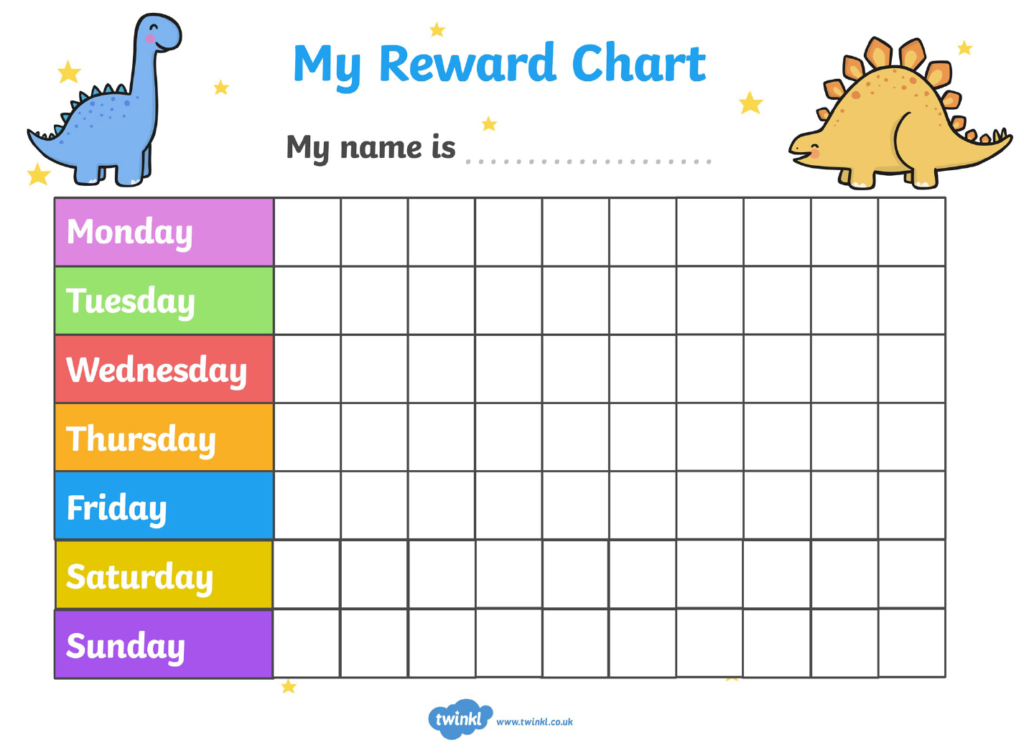Behaviour Basics
There are the 3 elements of behaviour
A ANTECEDENTS – events/situations that lead to certain behaviours
B BEHAVIOUR – how a person behaves as a result
C CONSEQUENCES – the actions taken by the adult/parent/carer as a result of the behaviour
When dealing with a child with a behaviour issue, your Ethos should be positive and purposeful to make the child feel valued. The child needs to be able to trust you and feel safe and supported. You need to consider the right time and place to discuss the child’s behaviour. Make sure your approach to dealing with the child’s behaviour is organised, fits a routine (consistent) and if possible uses elements of fun to diffuse tensions.
It is important to discuss the actual behaviour not the child. This allows the child to continue building trust with you and others and increase their self esteem and confidence.
Look for opportunities to praise and catch the child doing the right behaviours and celebrate success. “I can…” positive statements re-enforce this.
Ideas to Support Behaviour
REWARD CHARTS
Reward charts are a good way to motivate children to improve behaviours. Make sure that you make it clear what is required to earn the reward, and make sure the reward is achievable. There is plenty of advice on using reward charts successfully on the internet and there are also many different styles of charts that can be purchased. However there are a large number of reward charts that can be downloaded and printed for free – or they can easily be made at home. The important thing is to find a style that your child is happy with and that motivates them.
BEHAVIOUR CONTRACTS
Behaviour contracts are a great way to set out what sort of behaviour is expected from a child or young person. The contract should be set out clearly with lots of positive statements about what behaviour is expected in order to earn certain rewards or privileges. It should also clearly state the consequences if positive behaviour isn’t maintained. Any contract agreed with a child or young person should be clearly displayed (e.g. pinned up in the kitchen, stuck to the fridge door) so they are in no doubt as to what is expected of them. There are plenty of free downloadable and printable contracts available on line, including ones that are appropriate for younger children, or for teenagers.
BEHAVIOUR LOGS
Behaviour logs are similar in layout to reward charts, but the aim is to record different types of behaviour that are being displayed by the child. The chart should include times and dates of behaviour to help identify any patterns or trends. Again, there are many good examples on line.
Keywords to search for on the WWW are Reward Charts, Behaviour Contracts, Behaviour Logs; try adding the word ‘samples’ to your keyword search term; e.g. “reward chart samples“

Local Help and Resources
West Sussex Learning and Behaviour Advisory Team
West Sussex Local Offer Behaviour Advice
Reaching Families Behaviour Fact Sheet
Behaviour Help National Websites
YoungMinds is the UK’s leading charity committed to improving the emotional wellbeing and mental health of children and young people, by empowering their parents and carers. A Parent Helpline is available from Monday to Friday 9.30am – 4pm, free for mobiles and landlines.
Challenging Behaviour Website Link
The Challenging Behaviour Foundation.
The Charity is for anyone with severe learning difficulties whose behaviour challenges. They offer information about challenging behaviour, peer support for family carers and professionals, run workshops to reduce challenging behaviour and speak up for families nationally. They offer support by phone: Family Support Network 0845 602 7885.
Contact a Family – Website Link
Contact – Understanding your child’s behaviour
Contact a Family is a national charity for families with disabled children.They provide information, advice and support. They bring families together so they can support each other and they campaign to improve their circumstances, and for their right to be included and equal in society.The link is to their behaviour scenarios on YouTube.
Royal College of Psychiatrists – Website Link
Royal College of Psychiatrists – Advice on behavioural problems and conduct disorder.
Mental Health Information for all.Search the health indexes to find well researched information and advice for the public.
Triple P – Positive Parenting Programme
Triple P gives parents simple tips to help manage the big and small problems of family life. Problems like toddler tantrums or teenage rebellion, self-esteem issues, bedtime battles, disobedience and aggression. Triple P can help you deal with them all – and more!
Hyperactive Children’s Support Group Website
The Hyperactive Children’s Support Group.
The Hyperactive Children’s Support Group is a registered charity which has been successfully helping Attention Deficit Hyperactivity Disorder (ADHD) and hyperactive children and their families for over 35 years. Our specialism is advocating a dietary approach to the problem of hyperactivity.
